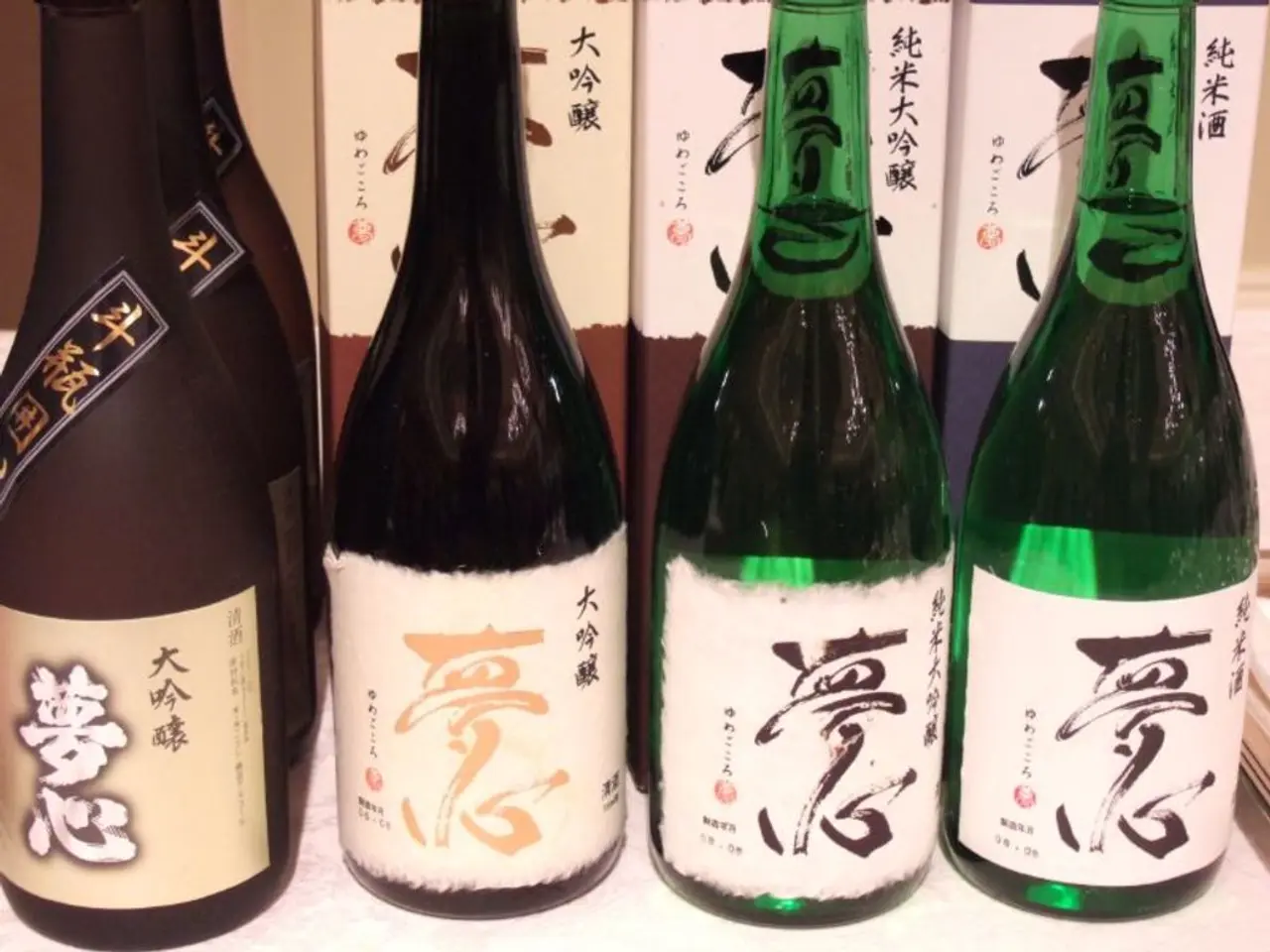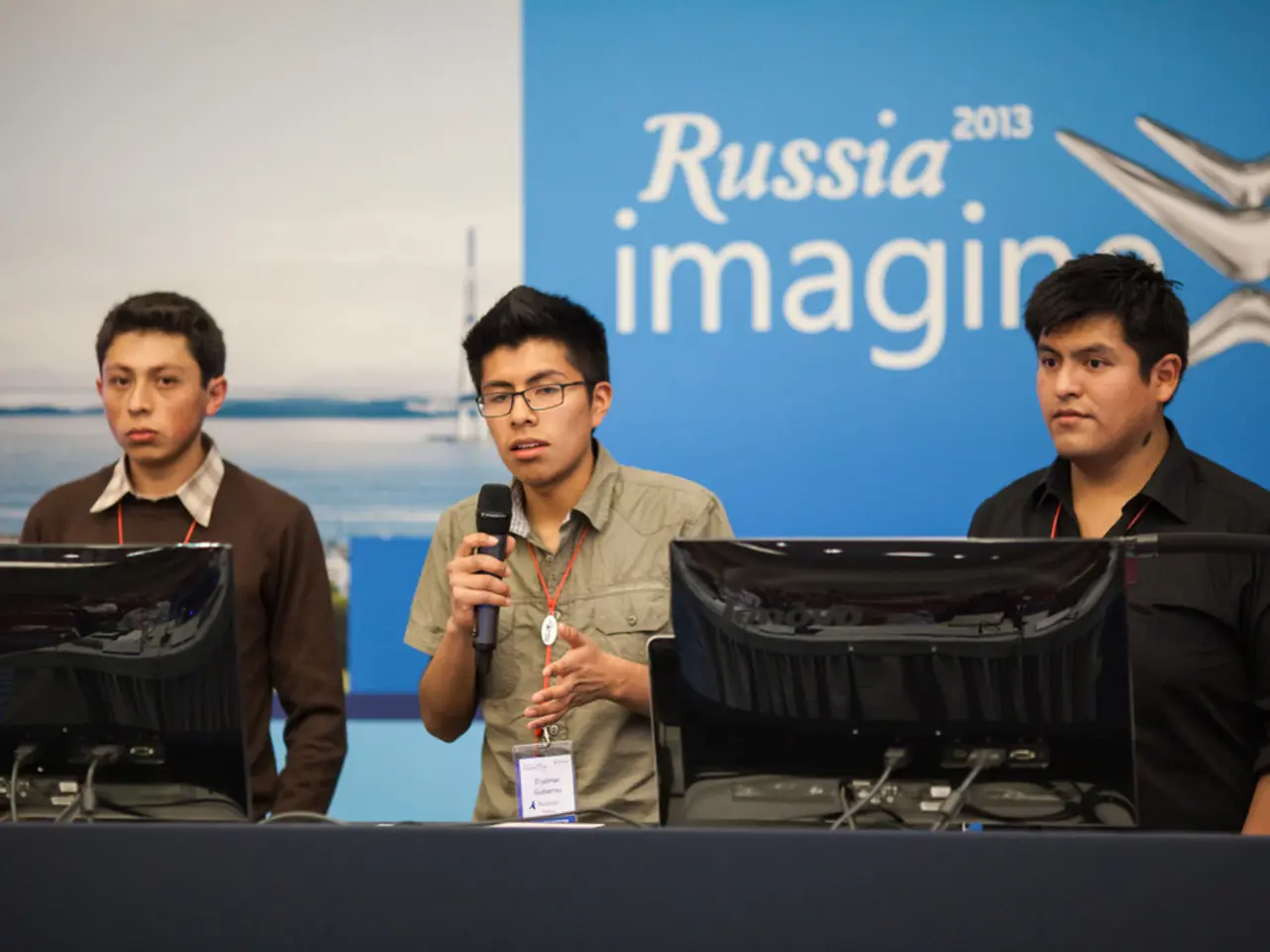Vine growers in the Mosel region are thriving compared to their counterparts elsewhere.
In the heart of Germany, the Mosel region, known for its steep slate slopes and northern latitude, faces unique challenges in the world of winemaking. The area's extreme viticultural conditions and restrictive regulatory frameworks present a formidable obstacle for winemakers.
Despite these difficulties, recent warmer summers have improved ripeness conditions, allowing for the production of varieties like Pinot Noir on slate soils, which is gaining renewed interest among winemakers and consumers. However, the outdated German wine law system, based on sugar content rather than terroir or dry styles, discourages innovation and experimental varieties.
A group of associations, including "Future Initiative Wine" and the Winegrowing Association, have recognised these challenges and are advocating for change. They propose reforming wine classification laws to better acknowledge terroir and dry wines, supporting innovative growers, promoting education and collaboration, and highlighting prestigious awards as benchmarks for quality.
These efforts aim to balance tradition with innovation, sustaining Mosel’s unique terroir-driven identity while addressing regulatory and climatic hurdles. Pioneering producers like Daniel Immich, the youngest winemaker in Enkirch on the Mosel, are pushing varietal boundaries, demonstrating the dynamic evolution within Mosel viticulture.
Operating costs have skyrocketed in recent years, including wages, diesel, and pesticides. Winemakers in the region receive 765 euros per hectare if they cultivate a steep slope, but some, like Daniel Immich, believe they are doing relatively well compared to others in the industry. However, the falling prices for wine in supermarkets and discount stores are a significant factor leading to bankruptcy risks for German winemakers.
Despite these challenges, the manageable structures of small wine estates are an advantage for the Mosel, as customers and tourists appreciate the handmade products. Private customers on the Mosel are usually willing to pay more for a regional, handmade product. In fact, some winemakers, like Daniel Immich, earn more if they market their bottles themselves.
The Mosel winemakers are not immune to the impact of international trade. The new tariffs for sales to the USA, particularly concerning for Daniel Immich who sells every fifth bottle to the United States, pose a significant threat.
The Winegrowing Association claims that around 100 businesses stop at the Mosel each year, contributing to the region's economy. However, more than half of German winemakers are at risk of bankruptcy, a stark reminder of the challenges faced by the industry. Despite this, the spirit of resilience remains, with many, like Daniel Immich, believing that most people on the Mosel can overcome the current crisis.
Yet, the lack of young talent to take over Daniel Immich's vineyards is a concern. Many older winemakers advise their children not to enter the wine industry, a trend that could have long-term implications for the Mosel's winemaking landscape. As the industry navigates these challenges, the future of Mosel winemaking remains uncertain, but the spirit of innovation and resilience remains strong.
In an effort to address the unique challenges faced by Mosel winemakers, initiatives like the Future Initiative Wine and the Winegrowing Association propose reforming wine classification laws to better acknowledge terroir and dry wines. (containing: 'winemakers', 'reform')
Despite the falling prices for wine in supermarkets and discount stores, some winemakers, like Daniel Immich, earn more if they market their bottles themselves, demonstrating the potential benefits of embracing direct-to-consumer sales. (containing: 'Daniel Immich', 'market')








